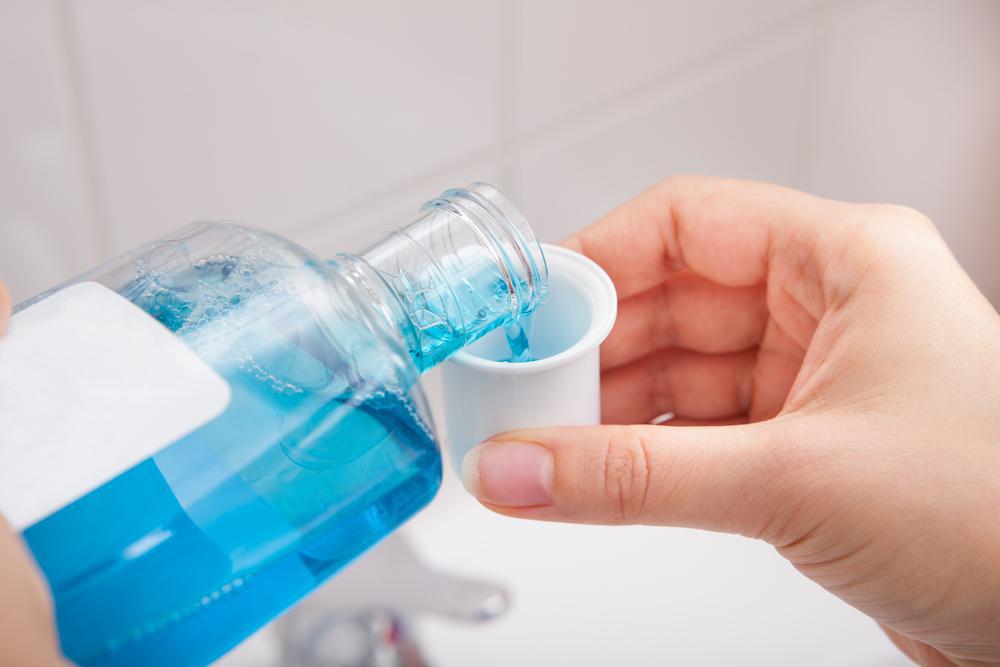Widely touted for its ability to keep your teeth clean and breath fresh, mouthwash has grown to become a staple in people’s daily hygiene routine. Due to its innocuous nature as a hygiene product, many assume that mouthwash is gluten free.
That said, many oral hygiene brands have affirmed that their mouthwash is gluten-free.
However, the same cannot be said for all mouthwash manufacturers as certain products are known to contain gluten or gluten-related ingredients.
This is due to the fact that mouthwash are made of numerous complex ingredients that help to keep our mouth fresh and clear of harmful bacteria. In particular, alcohol (which is found in many mouthwash products) may be made from a gluten source.
What Is Gluten Free?
As explained by Celiac Disease Foundation, gluten is a general term for a family of proteins found in wheat, rye, barley, and triticale. The protein acts as a bonding agent, helping to hold food together and keep its shape. Gluten is also the ingredient that makes a dough elastic and a bread chewy.
In spite of it being a naturally occurring ingredient in grains, many suffer from gluten-related conditions. This includes people with Celiac disease, wheat allergy, gluten intolerance, and gluten sensitivity; the last two is collectively known as non-celiac gluten sensitivity, or NCGS.
Over the years, gluten-free diet have become a hot trend among individuals suffering from gluten-related issues. As the term suggest, a gluten-free diet excludes all food that contain any traces of gluten. This means that while one can consume gluten free food such as meat, fish, fruits, and vegetables, gluten-containing products such as breads, condiments, certain beverages (including beer) and most processed foods have to be avoided.
A gluten-free diet excludes any foods that contain gluten, which is a protein found in wheat and several other grains. It means eating only whole foods that don’t contain gluten, such as fruits, vegetables, meat and eggs, as well as processed gluten-free foods like gluten-free bread or pasta.
According to the Food & Drug Administration, a food can only be labelled as gluten-free if it:
- does not contain a gluten-containing grain
- does not contain an ingredient made from a gluten-containing grain that has not been processed to remove gluten
- does not contain an ingredient made from a gluten-containing grain which if processed to remove gluten, still contains more than 20 parts per million of gluten
Which Mouthwash Is Gluten Free?
There are numerous mouthwash products that are confirmed to be free of gluten. This includes
- All of Tom’s of Maine Mouthwash
- All of TheraBreath’s Rinse Mint Mouthwash
- CloSYS Oral Rinse Mint Mouthwash
- Colgate Optic White Mouthwash
- Colgate Total Mouthwash
- Colgate Total Advanced ProShield Mouthwash
- Desert Essence
- The Dirt Oil Pulling Antibacterial Mouthwash
- Walgreen Multi-Action Antiseptic Rinse Mouthwash
However, Johnson & Johnson have publicized that while there are no gluten-containing grains used in the production of its Listerine mouthwash, there is no guarantee that cross-contamination with gluten did not occur during the manufacturing process. Hence, Listerine is not certified to be gluten-free. A similar statement was also published by Procter & Gamble for its Crest Pro-Health Rinse mouthwash.
To conclude, mouthwash can be a source of gluten for people with celiac disease and gluten intolerance. Some mouthwashes are certified to be gluten free while others are formulated to be gluten free but may cross-contaminate with gluten-containing ingredients.. Hence it is best to consult your a dental profession about whether the product is safe for use and to look for products that are labelled as gluten free.







